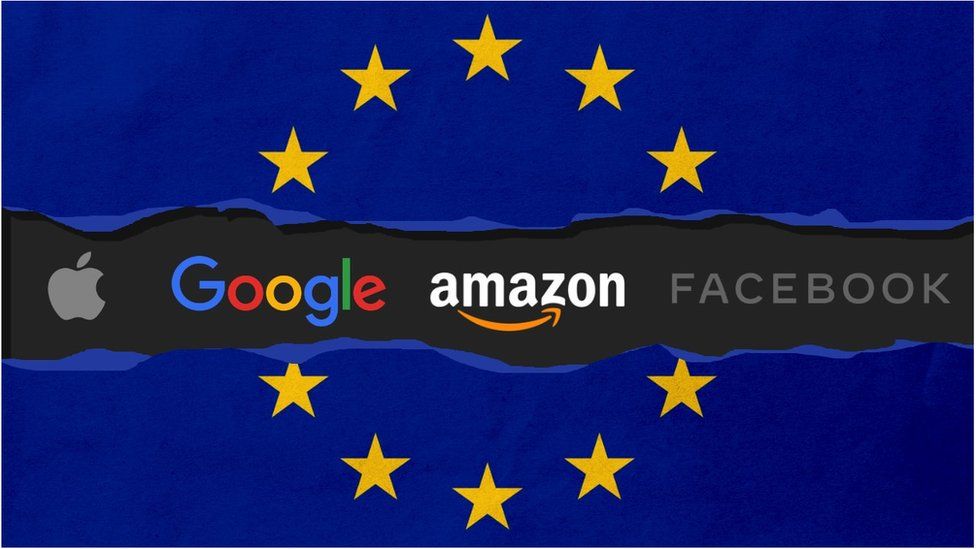
Lawmakers in Europe have dealt a massive blow to major tech companies. They have changed the internet with a new overhauling rule stipulating that tech companies will take responsibility for copyright infringements committed by their users.
Big techs do not like this law as they have argued that such rules in place will limit freedom of expression.
Google uses snippets from other publishers to influence traffic. With this new law, it will be required for them to pay original publishers of the content. YouTube allows videos to feature on its platforms.
The tech companies unanimously refuted the bill on the basis that they would need to spend too much on content filters. Internet activists argued on the basis that any form of changes would result in censorship. The least they can do is to build filters to block anything suspicious.
Hayleigh Bosher, who teaches intellectual property law at Brunel University in London proposes that the new law sort of places a burden on small techs that can’t achieve this. To back her claim, she said:
“We have seen time and time again that the technology is not there yet to be able to decide when it is and isn’t a copyright infringement. The algorithms are not able to say, ah, this is a parody, this is not a parody. That needs human intervention.”
While these new laws will change how the internet works, this may favour the musicians and publishers who never get the credit for the original works. The lawmakers explained that these laws would protect their works and ensure they are compensated, but big techs like Google are warning that it would lead to them policing every content.
A couple of copyright lawyers and academics have joined the tech companies in the campaign against censorship. They argue that the rules are too broad and will restrict online information.
There are a couple of controversies surrounding the new rules. While the lawmakers think they may be doing good to publishers and original owners of certain works like videos, articles, memes, and music, Google believes that restricting the use of contents will not encourage website to publish new materials because it will be harder for visitors to find fresh, unique stories. Imagine trying to credit every published article or content on all social media platforms! By sharing articles, the tech giants are promoting the publishers.
However, the lawmakers kicked against the claim. They instruct that Google and the others still have the right to share snippets of texts, but are required to share the revenue with the publishers.
So far, over five million people have signed the petition against the new copyright laws.
Discover more from TechBooky
Subscribe to get the latest posts sent to your email.















